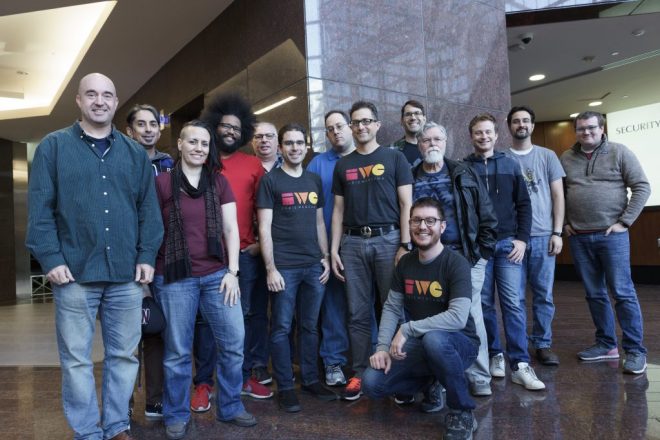Inspired by
gRegor Morrill’s IndieWebCamp Austin project, I went back and took a look at some of my
read posts, and particularly for books.
For online material, I use the Post Kinds Plugin which does a good job of adding h-cite and p-read-of (experimental) microformats classes to the data for the things I’ve read.
Because Post Kinds doesn’t (yet?) support percentage finished or number of pages read, I generally do read posts for books by hand as notes with the relevant data. So I decided to add some better mark up to my book-specific read posts and added microformats classes of h-cite, u-url, u-read-of, p-name, p-author, h-card and dt-published. I’m far from an expert on microformats, but hopefully the way I’m nesting them makes sense to parsers off in the future. (Suggestions for improvement are more than welcome.)
I like Gregor’s idea of p-read-status for things he’s posting and will have to see how I can pull that off for posts in the future (or suggest it as an addition to Post Kinds). Presently I’m just adding a want to read tag, but that could be improved to better match the functionality I appreciate in silos like Goodreads. I’ll also have to load up Gregor’s recent modifications to Quill and test them out on my site as well. I know David Shanske has expressed interest in better aligning Quill and micropub clients to post to WordPress with Post Kinds in mind.
Here’s an example of the mark up of a recent read post:
Read pages 381-461 to finish reading <span class="h-cite"><cite><a class="u-url u-read-of p-name" href="http://amzn.to/2zXnQDC" target="_blank" rel="noopener">Origin: A Novel</a></cite> by <span class="p-author h-card"><a class="p-name u-url" href="http://danbrown.com/">Dan Brown</a></span><time class="dt-published" datetime="2017-10-103 00:00:00"></time></span>
It’s also made me begin to feel itchy about some of my past quote posts and potentially revisiting them to add the appropriate h-cite and related mark up to them as well. (Or at least fix it moving forward.)
Incidentally, my real camp project was some heavy editing work on “The Book.” More on that later…








